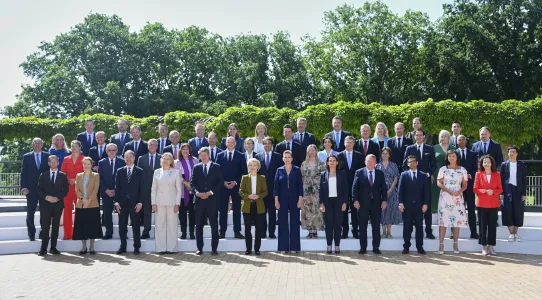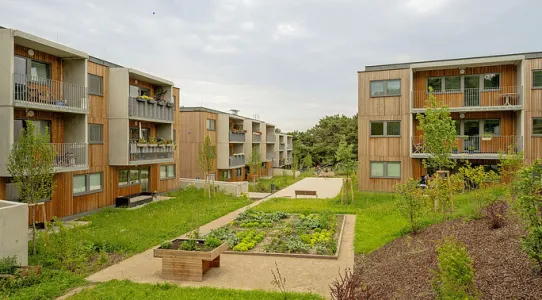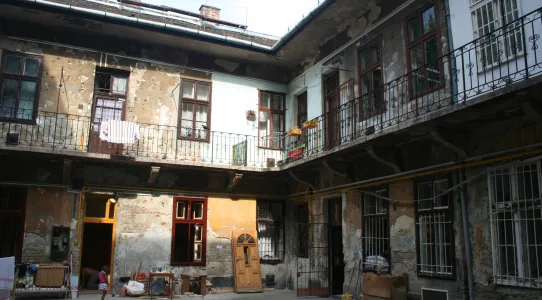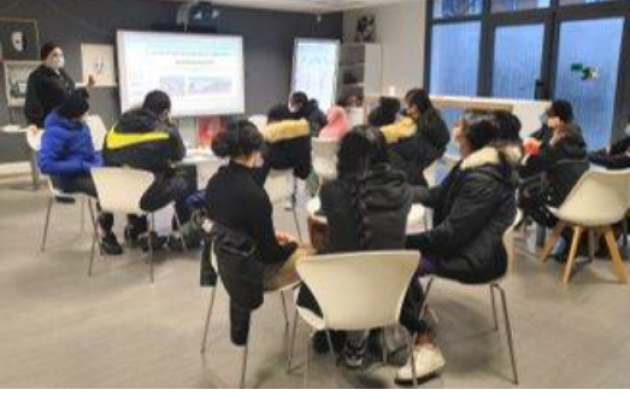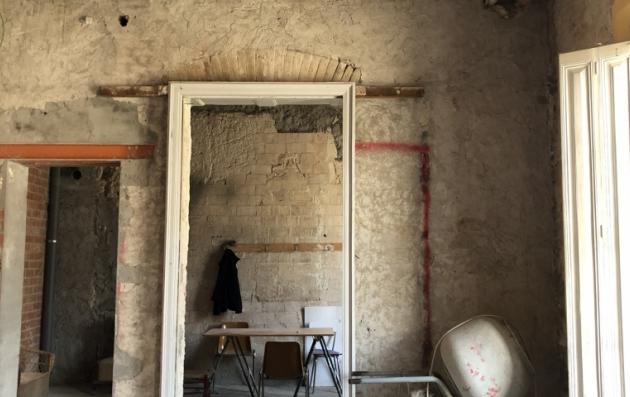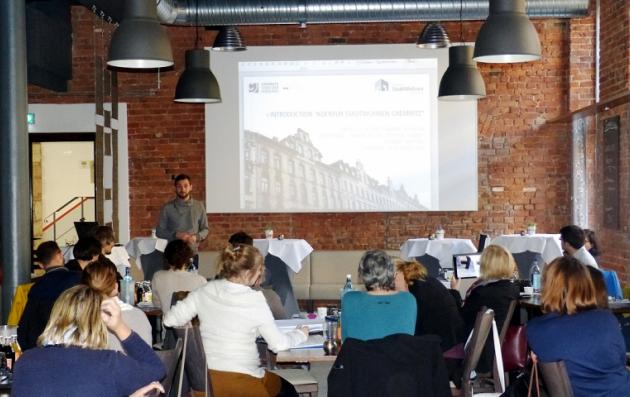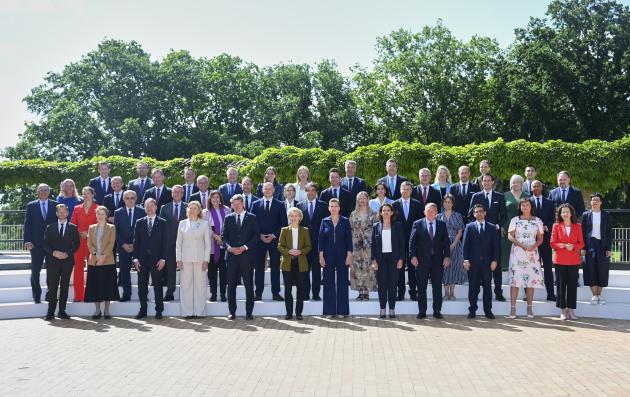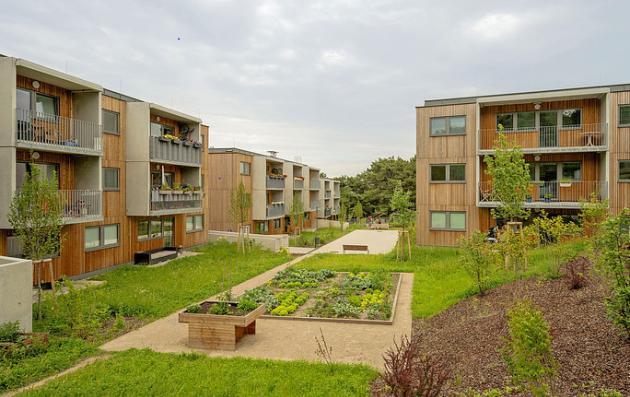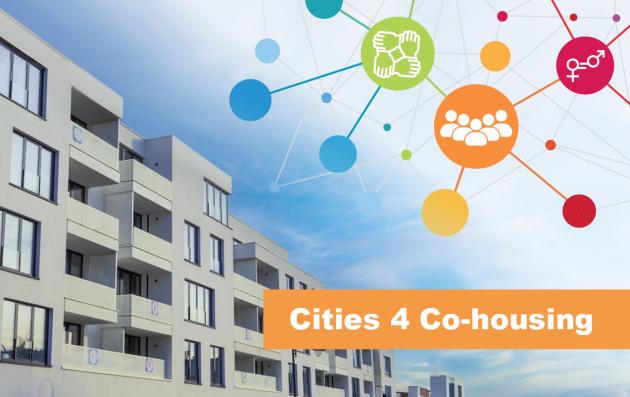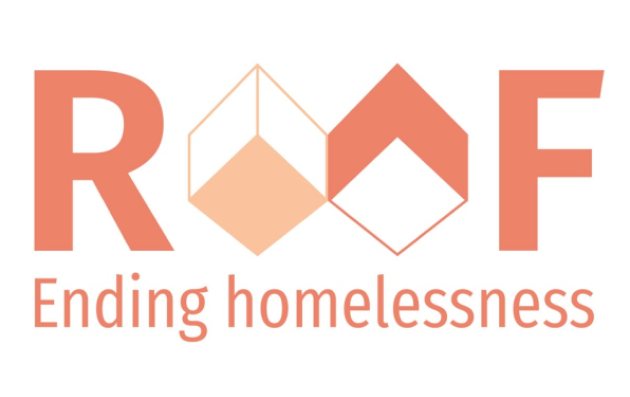Right to Housing
The URBACT Knowledge Hub brings together good practices from across the EU, with the latest urban trends, to fill the gaps and ensure the learning is widely accessible. Today, more European cities and social movements are calling on governments at all levels to take responsibility and reaffirm housing as a fundamental right rather than as a commodity. Cities are leading this movement and designing together effective solutions through concrete practices in order to implement the right to housing.
#right2housing
Over the past 1.5 years, Urban Innovative Actions (UIA) and URBACT have explored how cities can design housing policies and practical solutions to implement the right to housing. There have also been positive collaborations with other stakeholders including but not limited to, Housing Europe, FEANTSA, Fondation Abbé Pierre, EUROCITIES and the International Union of Tenants (IUT).
We have collected city experiences and concrete practices from various European cities at the municipal level already implementing the right to housing that others can take inspiration from and exchange between other stakeholders, all gathered in one web platform.
Most recently URBACT has also contributed with the Urban Agenda for the EU - Culture and Cultural Heritage Partnership, notably on the first action: regulating short-term rentals. The findings from this work are available on the policy paper Towards a Sustainable Transition in Urban Tourism (here).
Cities engaging in the right to housing
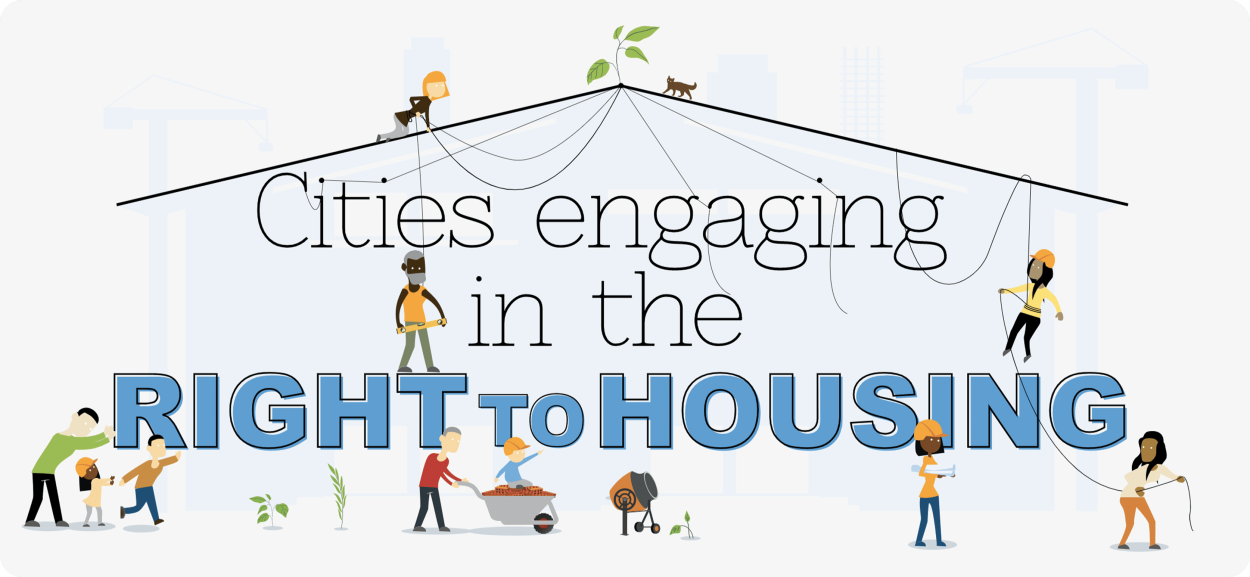
The ‘Cities engaging in the right to housing’ initiative was successful in achieving a large and diverse outreach of the audience for each event, web conference and output delivered. The initial list of contacts interested in the topic of housing rose from 200+ people to more than 1500 towards the end of the activity at the final event. For the web conferences, there were more than 1200 attendees from 38 different countries. Most of the participants were city authorities, institutional organisations, NGOs and academics. They ranged from city policy officers, administrators, elected representatives to members of staff from UN Habitat, Housing Europe, FEANTSA, social housing agencies and the European Commission. What is even more positively striking is that the majority of the participants had not previously been involved in URBACT or UIA. Overall, the majority, around 92% of the respondents, found the web conferences to be very useful.
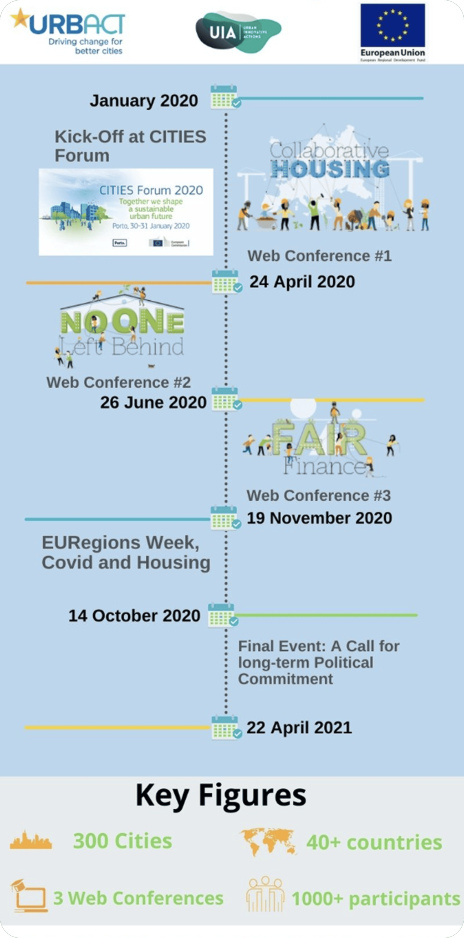
Welcome to Cities Engaging In The Right To Housing
This report was built on an initiative led by UIA and URBACT in 2020 to exchange practices among city administrations implementing rights-based housing politics.
The chronic housing crisis, the importance of housing to secure lives under COVID-19, the growing number of people experiencing homelessness – all these issues call for transformative change in the political, social and economic spheres of contemporary societies. While all governments are implicated, cities are the ground where housing justice can be met in reality.
This is the first collaboration between UIA and URBACT. The initiative focuses on what city administrations can do, and are already doing, to de-commodify and de-financialise the housing system, support experimentations in alternative and collective forms of tenures, adopt successfully experimented models such as ‘Housing First’, defend and expand the public social housing sector, and more.
As part of a new EU-level dynamic developing in regard to housing policies in 2020, the Initiative looked at three broad and deeply interrelated thematic areas where cities in UIA and URBACT have been particularly active: collaborative housing; no one left behind; and fair finance.
While housing is a key determinant of health, well-being and the capacity to fully enjoy a safe and dignified life, European cities face numerous challenges in ensuring adequate housing.
- The number of people sleeping rough rose by 70% in the EU over past ten years
- 9.6% of the EU population spent 40% or more of their household income on housing in 2018
- 21.9% of all children in the EU were living in overcrowded housing in 2018
- Rents in major European cities have reached staggering heights, with vulnerable groups
seeing mounting difficulties in accessing and securing adequate housing - Housing commodification has intensified during the COVID-19 pandemic, with accelerating growth in house prices (OECD) and fluctuating housing markets impacting potentially the most disadvantaged.
In 2021 the EU parliament adopted a resolution “Access to adequate housing should be a fundamental European right”, and the Portuguese European Presidency is on its path to take forward the European pillar of social rights to launch a collaborative platform on homelessness.
In this platform you can explore solutions adopted by UIA and URBACT cities, with inputs from experts, researchers and activists.
The scope is to provide hands-on practices and reflection through case studies, resources and strategies adopted by cities in UIA and URBACT. In this way, the initiative will:
- Spark further exchange on innovative and non-market oriented housing solutions
- Explore measures and strategies for social housing which can be adapted in a range of contexts
- Showcase UIA and URBACT city practices, contributing to wider EU debates including the EU UA, and future Urban Initiative knowledge-sharing
- Create a dialogue between EU institutions and EU-wide organisations of city practitioners, activists and researchers
- Ultimately, mobilise public authorities to take actions against housing inequalities, motivating change towards housing justice.
Policymakers, urban practitioners, activists, researchers, EU organisations and EU Urban Agenda members are invited to share their knowledge and views to create new alliances for the #Right2Housing.
CHAPTERS
Towards a Sustainable Transition In Urban Tourism
Urban Agenda for The EU Culture And Cultural Heritage Partnership
Action 1 - Sustainable tourism: Regulating short-term rentals
Updated June 2022

